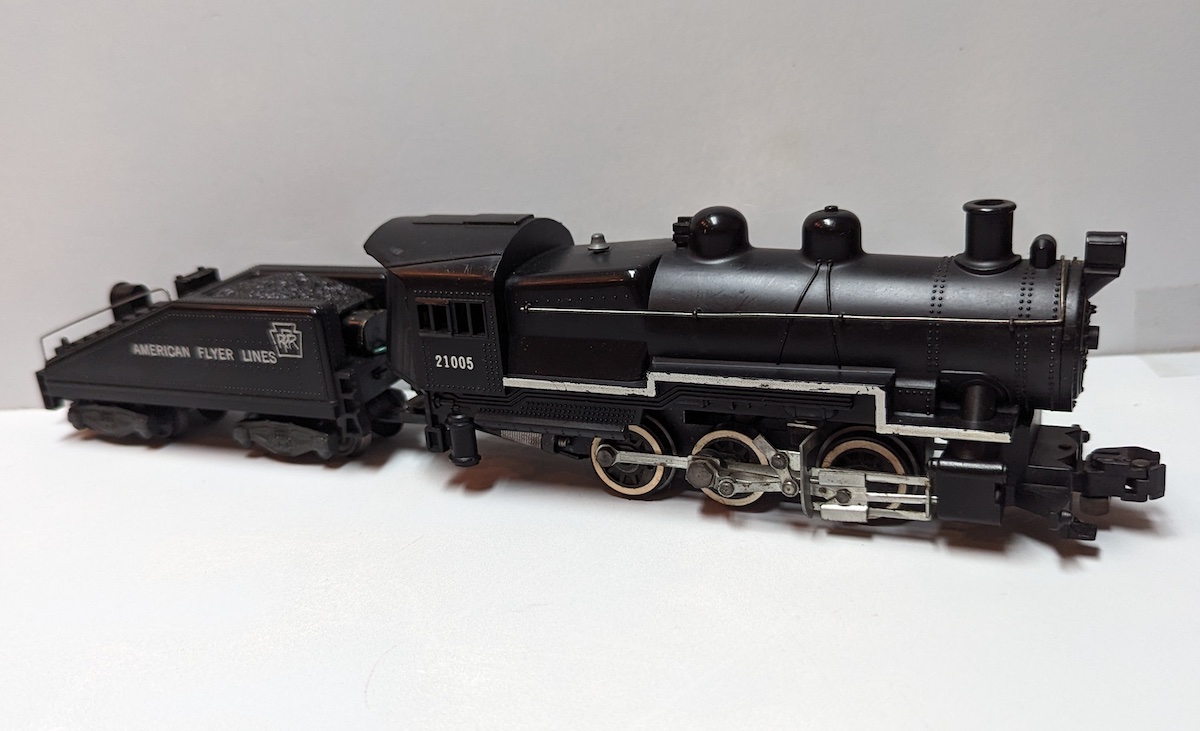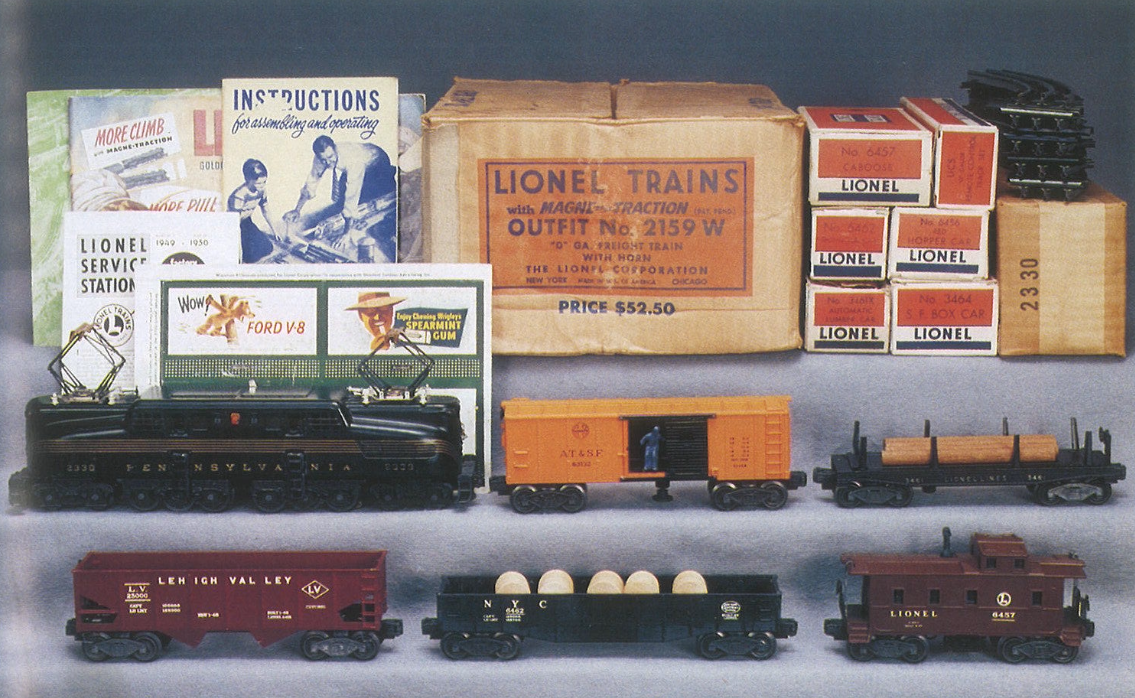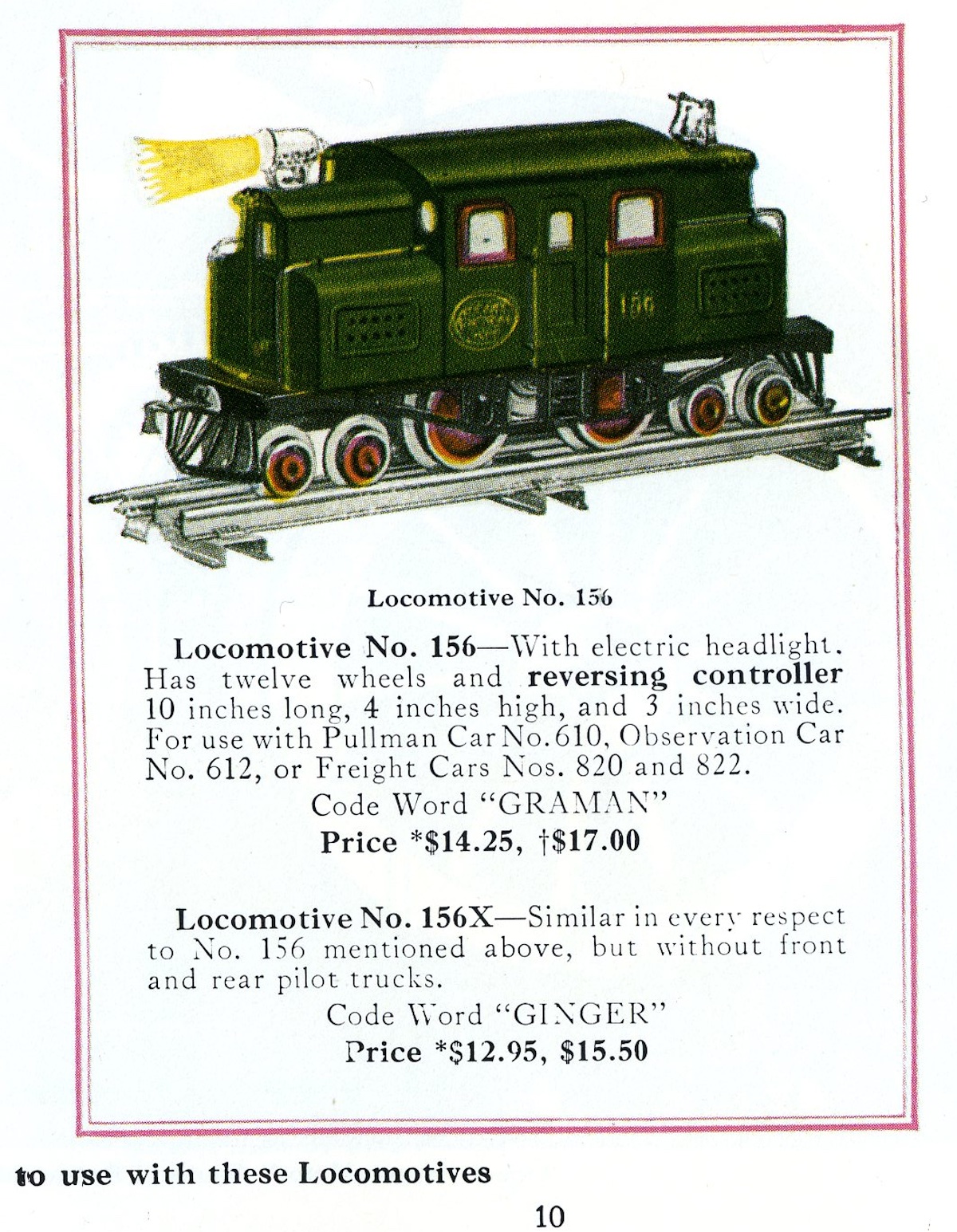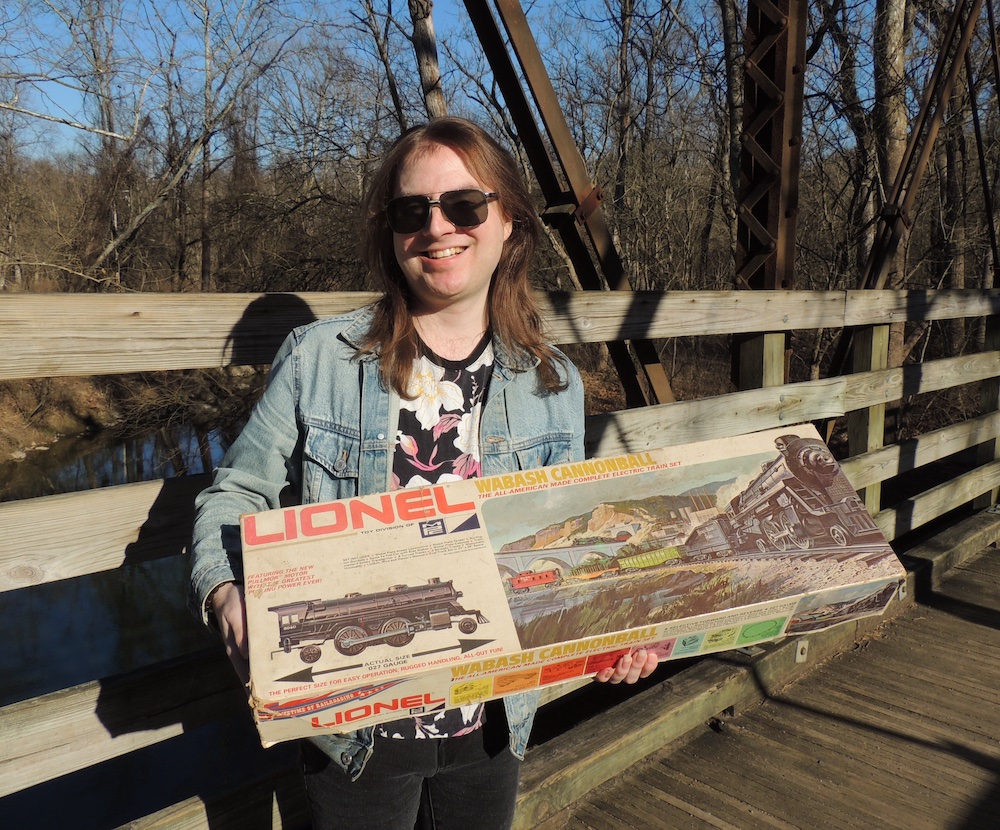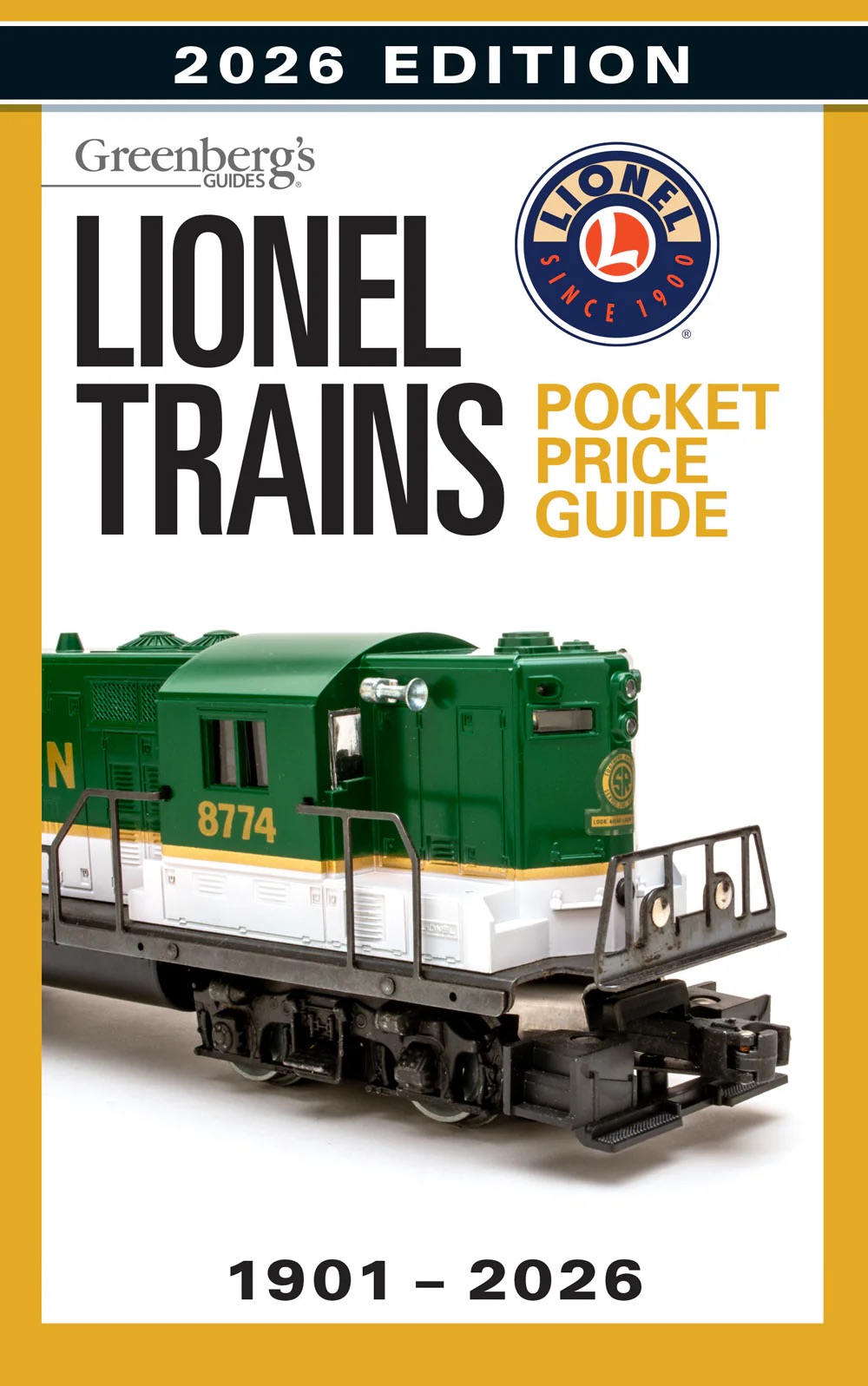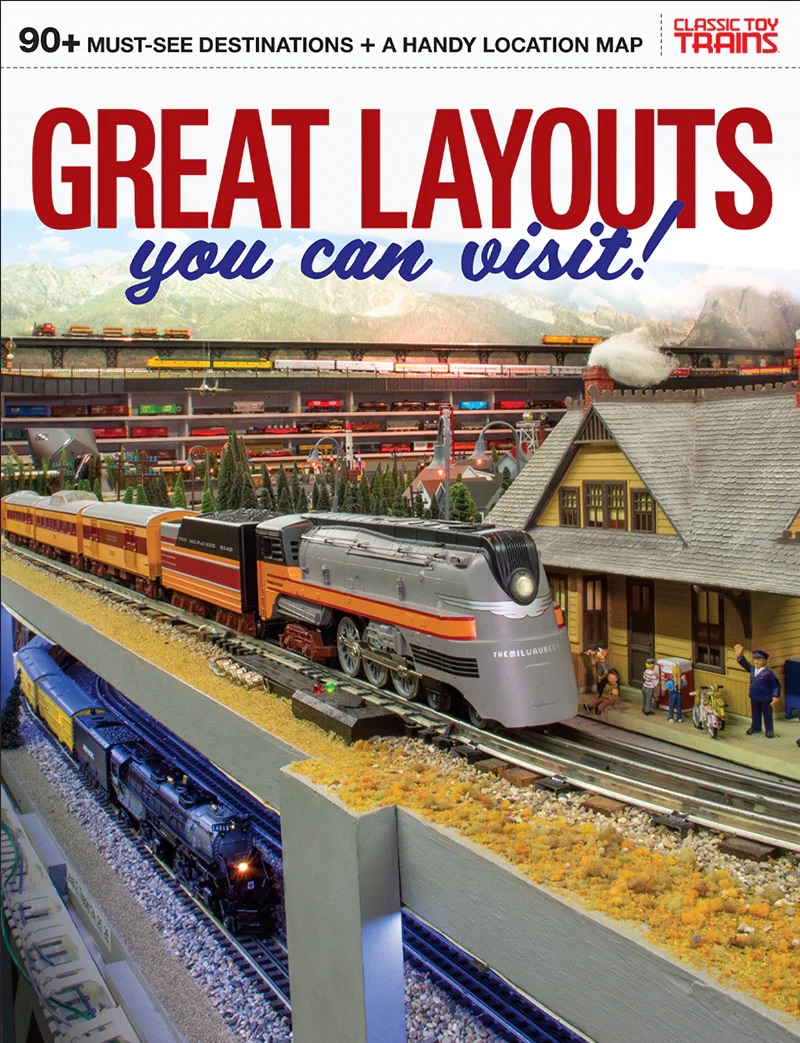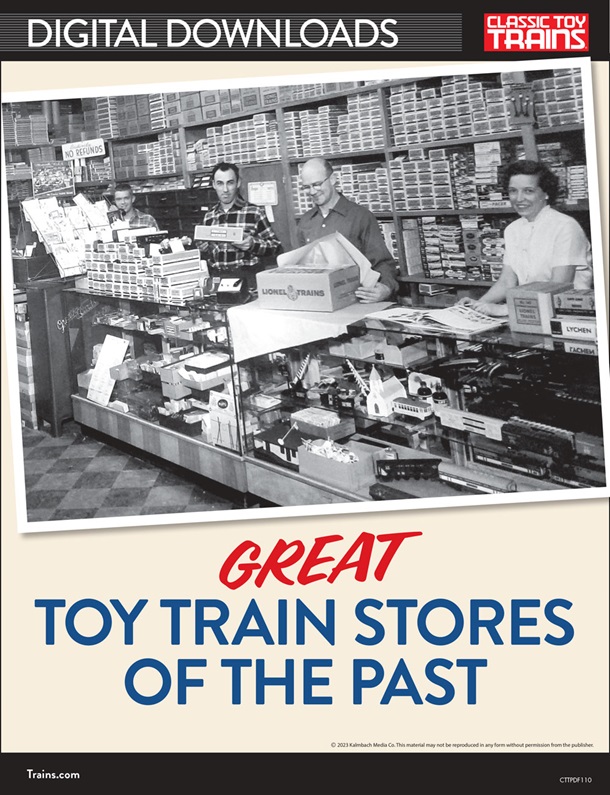Editor’s note: I’ve found a number of unpublished manuscripts in our file cabinets. This one dates from around 1999. Does it still apply today? Do you think that simplifying or finding a new aspect of the hobby can re-invigorate your love of toy trains? Leave a comment and let us know.
As railroad enthusiasts go, I’ve been pretty fortunate. That good fortune started early. My grandparents gave me my first Lionel when I was only two, a kind friend of my father’s started giving me his copies of Trains Magazine about two years after that, and I grew up in a county crossed by five major rail lines.
That good fortune only continued as I grew older. I was even fortunate enough to marry a woman who not only is the daughter of a railroader (and thus understood my interest in trains), but encouraged me to get back into the hobby after a school-induced hiatus.
Thanks to some kind friends and timely opportunities, I’ve been fortunate enough to have, at one time or another, examples of nearly every type of O gauge train that really piqued my interest. Iconic postwar trains? Yes. Smooth-running, realistic new trains? Had ’em. Postwar classics, brand new in the box? A few times. Rarities? Everyone’s standards differ here, but I’d say so. How does a blue postwar Lionel No. 6414 auto loader grab you, or an unlettered early version 6361 timber car?
My problem is one that some of you may share: for the most part, my O gauge collecting feels like a race that’s been run. While I have always enjoyed chasing after the items I wanted, I don’t really have either the resources or the inclination to go deeper into postwar collecting.
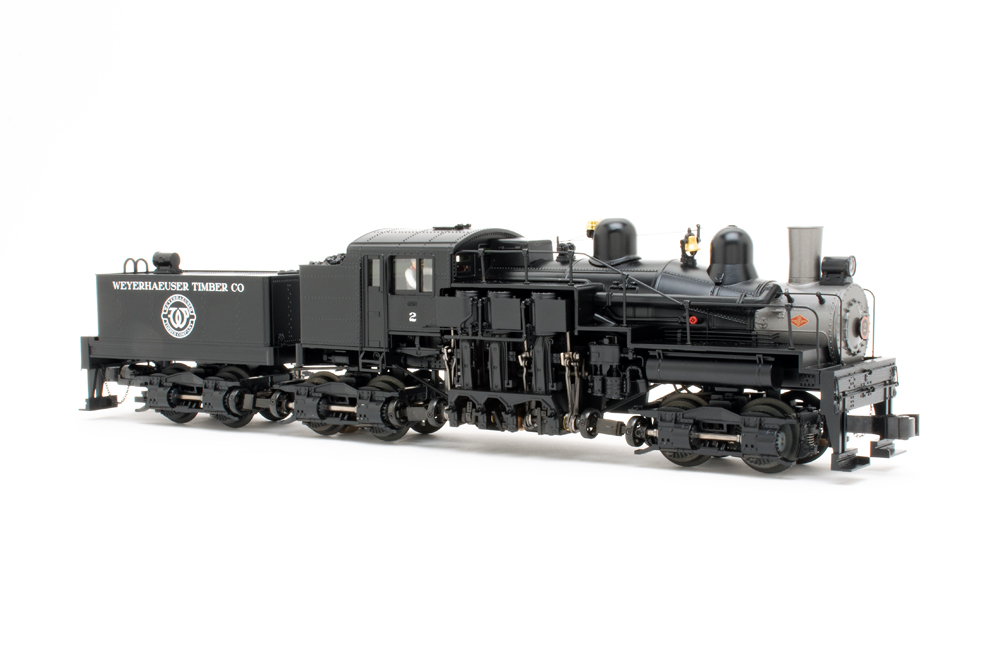
While I find many of today’s scale-sized trains truly awesome, with their terrific details, realistic sounds, and smooth operation, they’re awfully big for my layout. I suppose I could collect them, but even if I could find the resources to do so, buying new trains and calling it “collecting” is not much of a challenge.
I still love model trains, though, so now what?
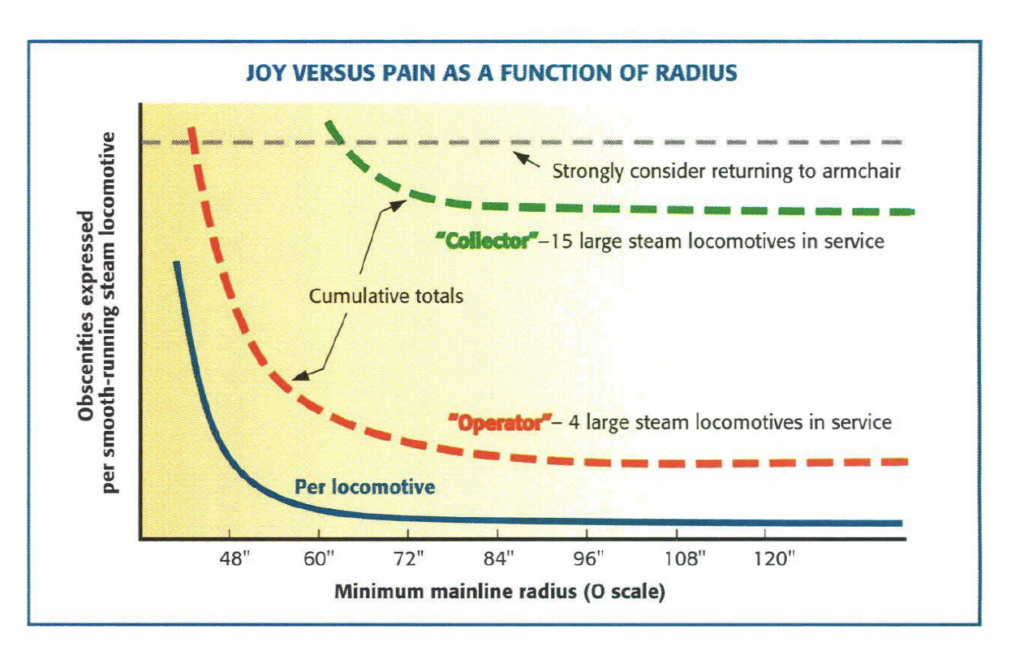
First of all, I think I’ll sell some trains. Not really for the money, but more to get back toward the thing that got me fascinated with them in the first place, watching them run. I think it was the famed O scale railroader John Armstrong who devised the wickedly funny graph showing the inverse relationship between locomotives owned and time actually spent running trains, but whoever it was, he was right. Cutting back on the number of pieces should maximize the chance that when I go down to the layout and hit the throttle, the trains will run perfectly, and making sure that there’s room on the layout for my favorites should increase the smiles per hour. By going back to a simpler roster, I think I’ll have more fun.
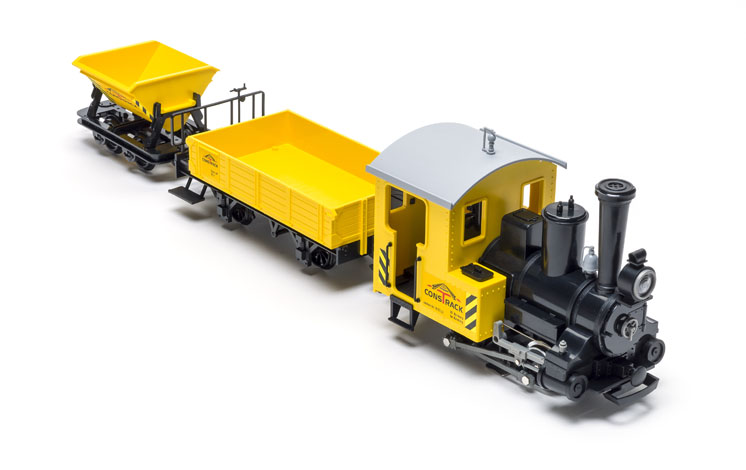
Second, I’m going to spend a bit more time looking at, and probably even sampling, some other facets of the hobby. Given my interests, that almost certainly won’t be N or Z scale, but possibly large-scale LGB. Märklin HO not only runs on three rails but uses AC – that might be interesting. I could even get interested in late prewar O – a 226E or a 403 would look great on the layout.
If you’ve found that your hobby interest has flagged a bit, you may find one or both of these courses useful. Concentrating on what truly pleases you can make the most of scarce hobby time, and taking a look around for another facet of the hobby that might please you can renew that spark of discovery.
Perhaps you’ll decide to concentrate on those modem steamers, or add some Marx or Flyer to your collection. I suspect there’s something else out there that would interest you.
See Bob Keller’s thoughts on breaking out of an operating rut.






